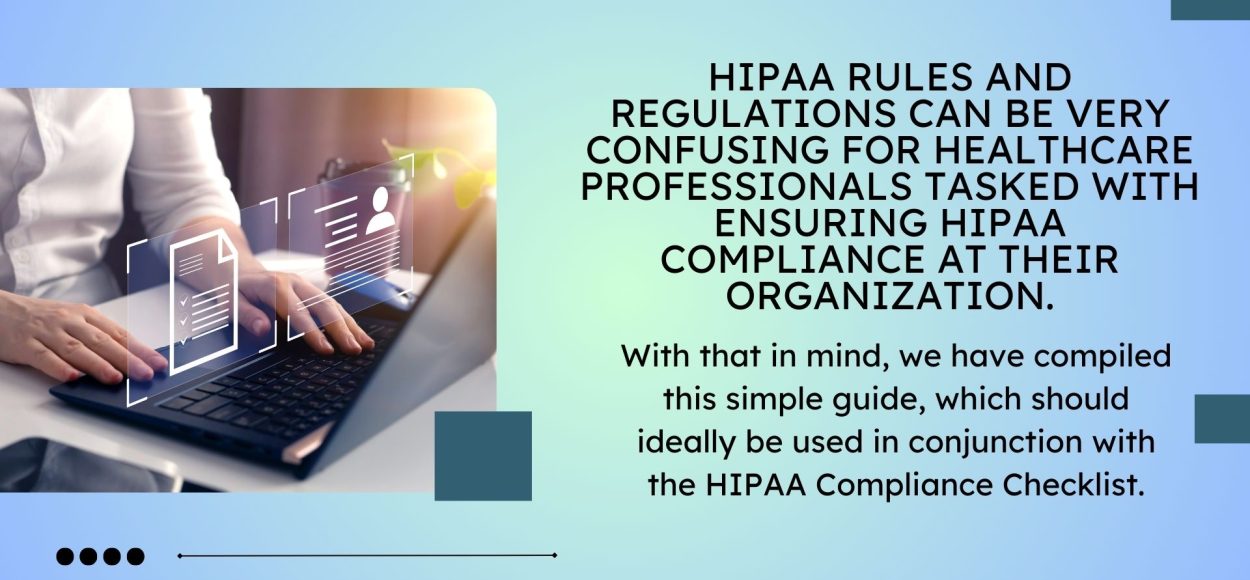
The Health Insurance Portability and Accountability Act of 1996 (HIPAA) was approved by the United Nations Congress and signed by then-President Bill Clinton on August 21, 1996. The primary goal of this act was to amend the Internal Revenue Code of 1986 in order to improve the portability and continuity of health insurance coverage in the group and individual markets, combat waste, fraud, and abuse in health insurance and health care delivery, promote the use of medical savings accounts, improve access to long-term care services and coverage, and simplify health insurance administration.
In addition, waste, fraud, and abuse in health insurance and health care delivery must be eliminated. It even includes encouraging the use of medical savings accounts, boosting access to long-term care services and coverage, and streamlining health insurance administration.
HIPAA is known by two different names. Title I protects workers’ and their families’ health insurance coverage when they change or leave their jobs. Title II, often known as the Administrative Simplification provisions, requires providers, health insurance companies, and employees to develop and maintain national standards for electronic healthcare transactions, as well as national identification or credentials. AS also handles health data security and privacy.Sections of the law dealing with administrative simplification and the confidentiality of protected health information have far-reaching implications for Providers, Payers, Managed Care Organizations, their business associates, and any entity storing, processing, and transmitting healthcare information.
- What does WellTrust do to comply with HIPAA regulations?
- Every employee is required to sign a HIPAA adherence contract.
- Every employee’s moral base is scrutinized.
- Employees are trained and informed on the importance of health data.
- The exchange of information within the organization is monitored and tracked.
To prevent unwanted access, workstations are password protected. - To ensure compliance, all calls are recorded and regularly monitored.
- The use of hard drives, USB flash drives, and data travelers is absolutely prohibited.
At the end of the day, unused documents are shredded. - The Auditing and Quality team monitors the premises, which are outfitted with security cameras.
Some Privacy Myths and Facts:
Myth: A doctor’s office cannot communicate a patient’s medical records to another doctor’s office without the patient’s permission.
Fact: There is no need for approval to transfer a patient’s medical records from one doctor’s office to another for treatment purposes, as is the case with referrals.
Myth: Without the patient’s express consent, a hospital or physician cannot share information with the patient’s family.
Fact: According to the Privacy Rule, a health care professional may reveal medical information to “a family member, other relatives, or a close friend of the individual.” Or he may call any other person named by the individual” who is directly tied to the patient’s care or payment related to the patient’s care.
Myth: A patient’s family member can no longer pick up medications for him or her.
Fact: According to the Regulation, a family member or another individual may act on behalf of the patient “to pick up filled prescriptions, medical supplies, X-rays, or other similar forms of protected health information.”
Myth: Patients will sue health-care providers if they do not follow the HIPAA Privacy Rule.
Fact : The HIPAA Privacy Regulation does not give people the right to sue.
